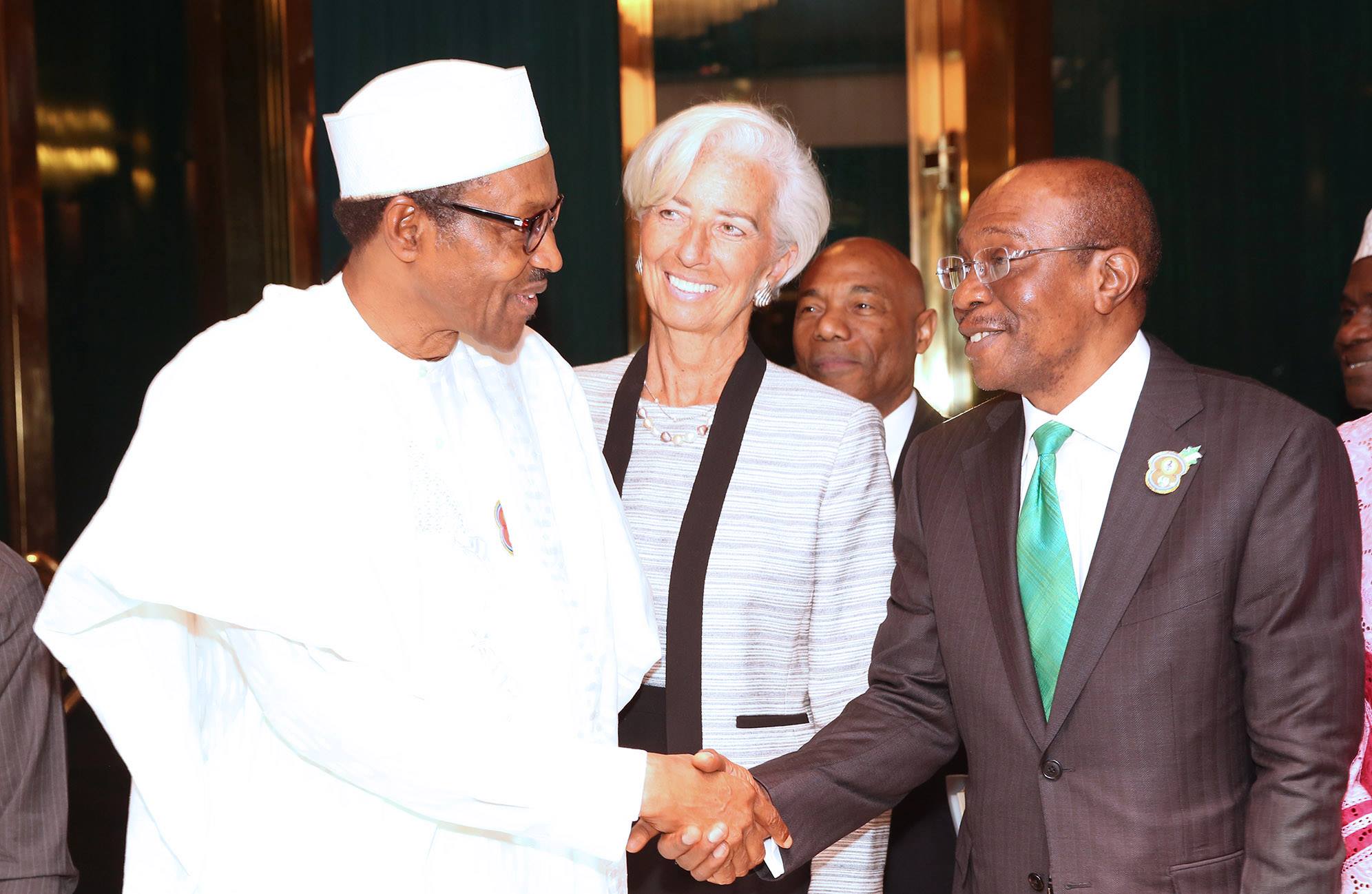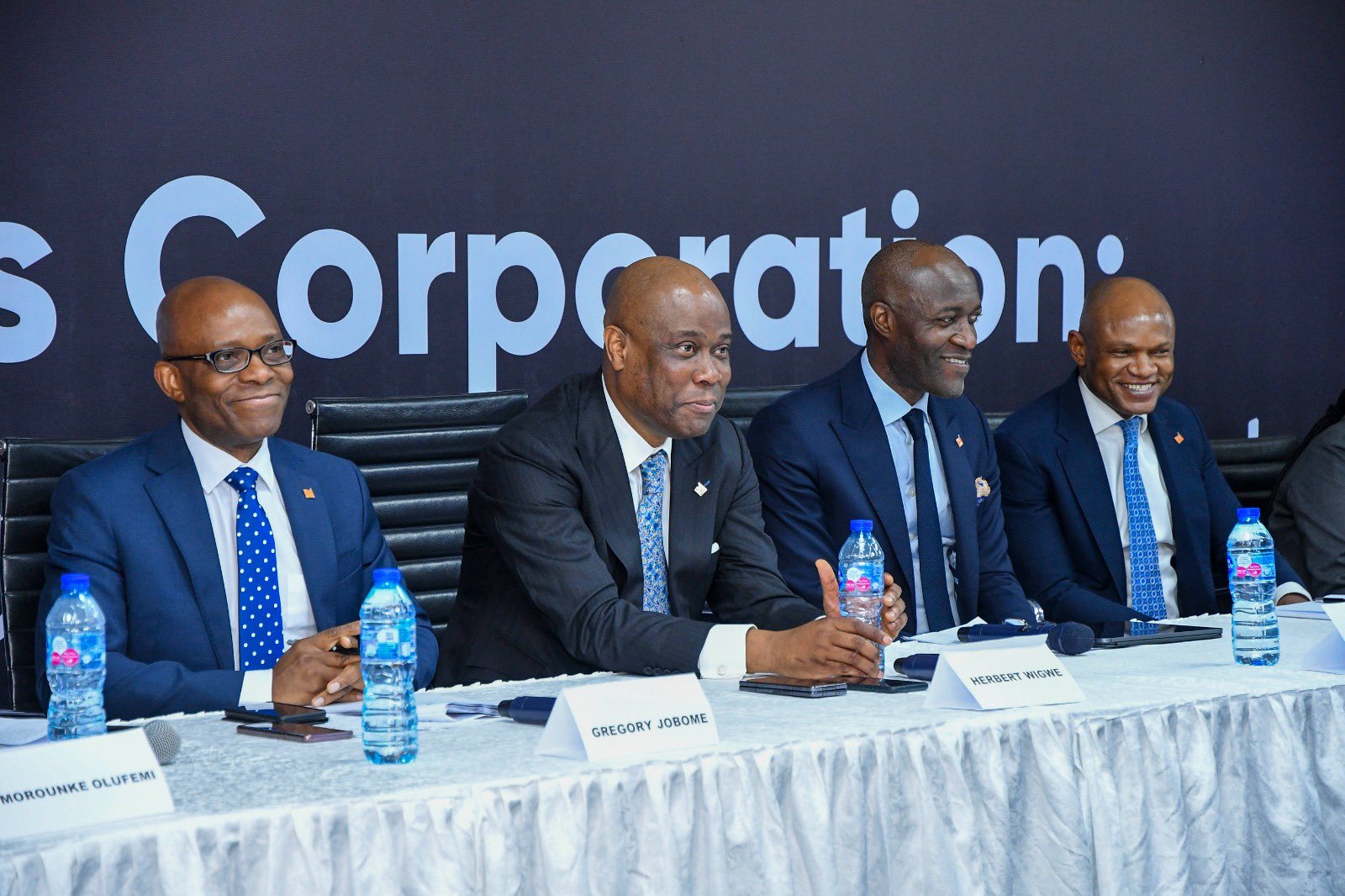Recession begins to hit banks as Fitch downgrades FirstBank, 3 others to negative
More sectors of the economy are beginning to feel the impacts of the squeeze occasioned by recession and drop in business activities in the face of jumping inflation.
This is stemming from the fact that global rating agency, Fitch Ratings, has downgraded the rating of four Nigerian banks from “stable” to “negative”, a scenario experts say leaves Nigeria without any commercial bank that can be said to be performing above boards, without an issue for now.
According to Fitch, the affected banks include First Bank of Nigeria Limited, Guaranty Trust Bank Plc, Zenith Bank Plc and Diamond Bank Plc.
While affirming the Long-Term Issuer Default Ratings of 10 financial institutions in Nigeria, it maintained that “Fitch Ratings has revised the outlook on four Nigerian banks to negative from stable and affirmed the Long-Term Issuer Default Ratings of 10 banks and financial institutions.
A statement issued from its London office disclosed that “The Issuer Default Ratings Outlooks on Zenith and GTB (both at B+) have been revised to Negative following a recent similar action on Nigeria’s (B+) Outlook.”
“The other two banks, whose Outlooks have been revised to Negative, are Diamond and FBN/FBNH and the revision reflects their weaker financial profiles. We have downgraded the Long-and Short-Term National Ratings of FBN/FBNH and Diamond to ‘BB+(nga)’ and ‘B(nga)’ respectively to reflect heightened vulnerability of capital due to downside asset quality risks.”
The affected institutions whose IDR’s were affirmed are: United Bank for Africa Plc Access Bank Plc, Fidelity Bank Plc, Union Bank Plc, First City Monument Bank Limited, Wema Bank Plc. The National Ratings of Stanbic IBTC Bank Plc, as well as its bank holding company, Stanbic IBTC Holdings Plc are also affirmed.
The IDRs of all the banks except Stanbic IBTC were driven by Fitch’s assessment of their standalone creditworthiness as captured in their Viability Ratings.
Also, the IDRs are all in the ‘B’ range, indicating highly speculative fundamental credit quality, and factor in the banks’ weakened credit profiles due to challenging macro-economic conditions and market volatility.
“The operating environment continues to be affected by the oil price shock, slow GDP growth, continuing pressure on the naira, scarcity of hard currency in the FX interbank market and policy uncertainty.
“The VRs continue to be pressured by tight foreign currency liquidity, asset quality deterioration and limited capital buffers. The sector remains largely profitable, but operating profits in 2016 were inflated by foreign currency revaluation gains (due to the sharp depreciation of the naira in June 2016),” Fitch averred.









